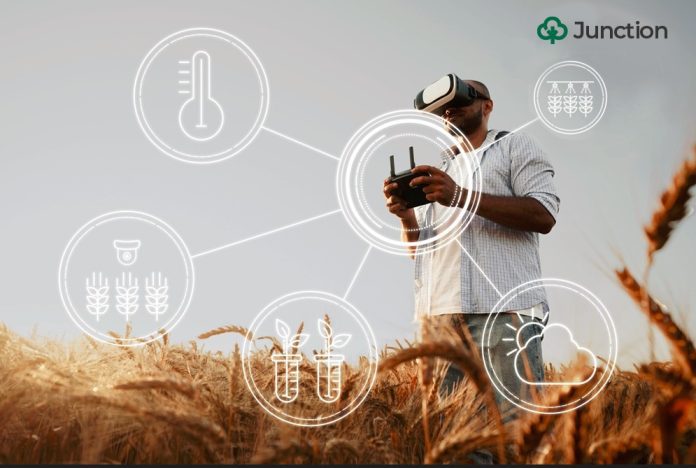News in brief: Agritech secured a funding of $561 million in 2022 and foodtech received $1.3 billion investments. Investors are particularly interested in plant-based protein startups in the foodtech sector, while vertical farming attracts the most attention in agritech.
According to data compiled by Dealroom and FoodLabs, and analysis from this Sifted article, startups focused on solving food and agriculture crisis in a climate-friendly way are seeing more funding. In 2022, companies in these industries hit record level of fundings.
A quick background: Dealroom provides intelligence on high-growth companies while FoodLabs is VC investor for startups in food, sustainability, and health industries.
Agritech companies received a total of $561 million investments in 2022 while foodtech saw $1.3 billion, marking a YoY growth of 4.66% and 30%, respectively. It is clear that investors are more interested in foodtech than agritech, but why is this so?
Likely, it is not because of lesser innovative ideas in this field compared to the other. At least that is what Tomer Strikovsky, an investment manager at ETF partners, think, as quoted by a Sifted reporter.
Closer look at agritech and foodtech funding behaviour in 2022
A closer look at agritech shows that vertical farming continues to attract the most interest while precision agriculture comes second. Others like sustainable fertilisers and aquaculture are still coming into their own.
As for foodtech, startups solving plant-based protein challenges are seeing the most interest in the alternative proteins industry. They are ahead of companies using cell-based methods, while fermentation-based protein startups are seeing more investments than those working with Mycelium.
All these companies are working on methods of producing protein without the need of rearing animals for the slaughter. Cell-based protein startups for example require only a small sample of animal cells for culturing while plant-based protein startup rely on ingredients collected from plants. Mycelium protein are gotten from fungi and fermentation-based protein alternatives rely on microorganisms like bacteria, yeast or fungi.
Compared to the reduced investment activity in the tech industry in general for 2022, foodtech and agritech did well. Likely, this is because the problems these companies are tackling are bigger and have heavier consequences.



